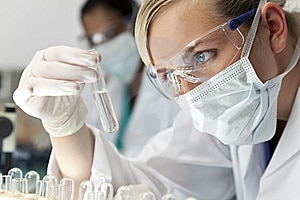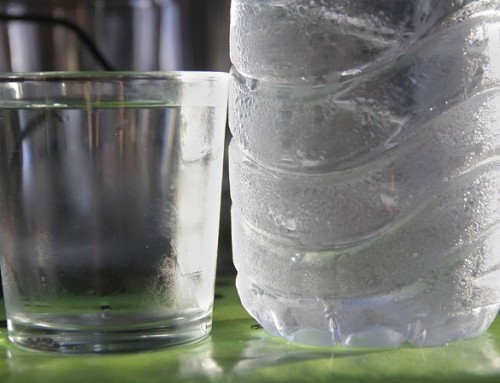It is the 21st century
We can perform heart transplants and reshape people’s faces with plastic surgery; we can clone animals and human beings; we can cure most illnesses, and we can communicate across thousands of kilometres in a variety of ways, instantly!
We can do all of the above and much more besides, but the one thing we cannot do is manufacture the one thing that humanity cannot live without – water! The one substance that no living, breathing organism can live without is water, and it is the one substance that only nature can provide.
Why Can’t We Just Make More Water?
To understand why we cannot just make more water, we need to understand a bit more about this wonderful life-giving and maintaining liquid.
Water consists of two hydrogen atoms attached to one oxygen atom. Simple, no? One would think that with all of our brilliant scientific minds we could use this simple chemical formula and create all the water that we could ever need or want. Unfortunately it does not work that way!
In order to create water, one cannot just blend the oxygen and hydrogen atoms; their orbits must be interlinked, which can only happen via a sudden burst of energy. As oxygen is combustible and hydrogen is highly flammable, one would think that this would not be hard to do, but the opposite is actually true.
Unfortunately, as those in the Hindenburg discovered in 1937, when hydrogen is mixed with oxygen and a spark is applied, it may create water, but the ensuing explosion can be fatal to all in the vicinity. It would take a huge and very dangerous process to create sufficient drinking water to sustain the entire global population.
The air in the atmosphere contains water vapour which we usually cannot see, although it makes up between .07% and 6% of the air that we breathe every day
[source: U.S. Department of Energy].
This air makes up a portion of the earth’s water cycle, which consists of water that evaporates from the ocean, lakes and rivers being sucked up into the atmosphere where it forms clouds that release it again in the form of rain once saturation point has been reached. This rain feeds the soil and the excess runs off into the sea, lakes and rivers, and the whole process begins all over.
Scientists all over the world are experimenting with how to pull water out of the air during droughts. An Australian inventor, Max Whisson, is experimenting with the Whisson Windmill, using wind power to collect water out of the atmosphere, which contains around 10,000 billion litres in the bottom kilometre of air around the world [source: ABC].
Jonathan Wright and David Richards have invented a similar contraption which can produce up to 450 litres of purified water per 24 hours from the area surrounding it. This is great, especially for disaster sites, but the big drawback is that the machine uses about 45 litres of diesel fuel to do this, which is rather expensive.
Others have experimented with making it rain rather than collecting water from the atmosphere, but this has had some disastrous consequences. The Royal Air Force (RAF) started experimenting with cloud seeding (impregnating clouds with dry ice, salt and silver iodide to cause a severe thunderstorm) after the end of World War II.
In August 1952, this did work, but it worked too well, and within a few weeks nearby North Devon had experienced nearly 250 times the normal amount of rainfall [source: BBC]. An estimated 90 million tons of water flooded the town of Lynmouth in a single day, uprooting trees, destroying buildings, moving boulders, and washing residents into the sea. Thirty-five lives were lost that day [source: The Guardian].
SO, let us agree then that we will leave the creation of water to nature and rather take care of our natural resources so that everyone has sufficient drinking water and water for other purposes domestic and industrial.
Sources:
Earth Policy Institute
Get water cooler hire or buy water dispensers online from Living-Water Ltd. in London. Buy a fountain water cooler, hot water boiler or under counter water cooler.





